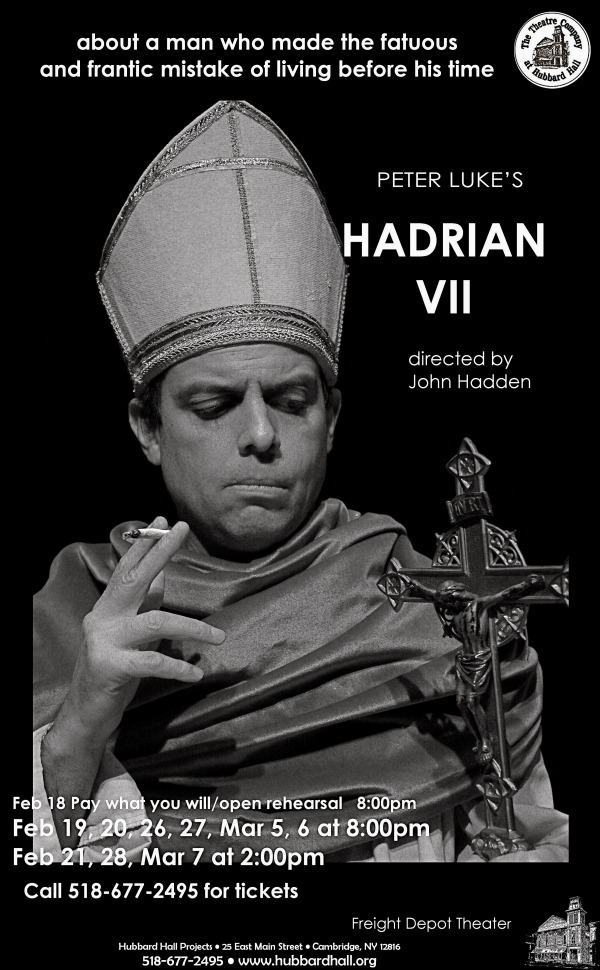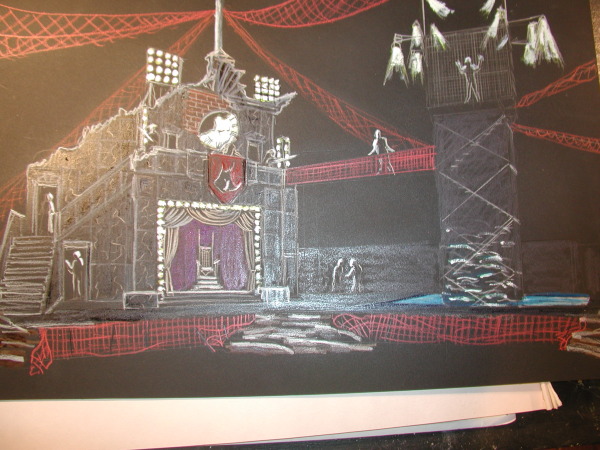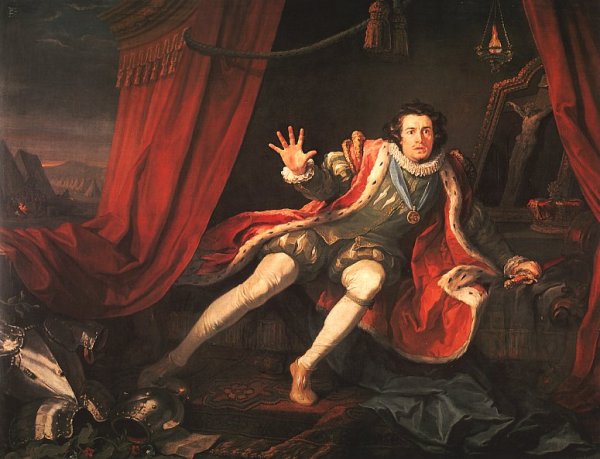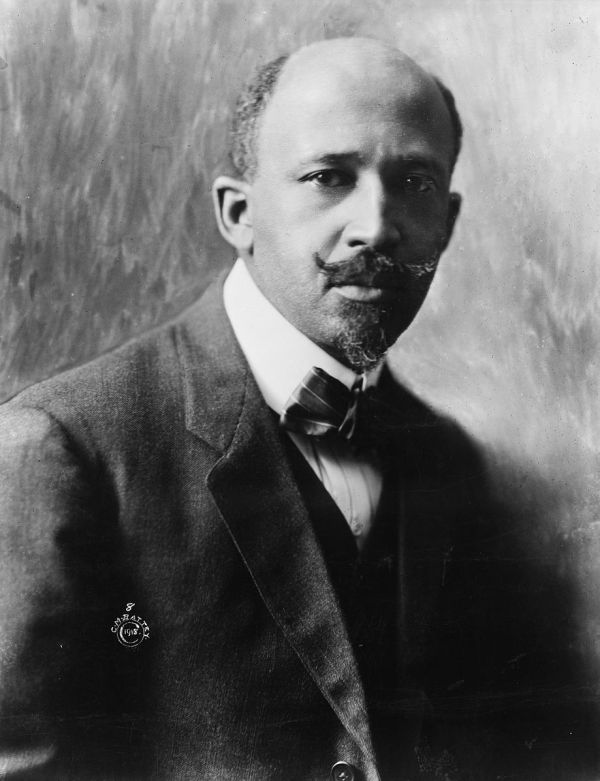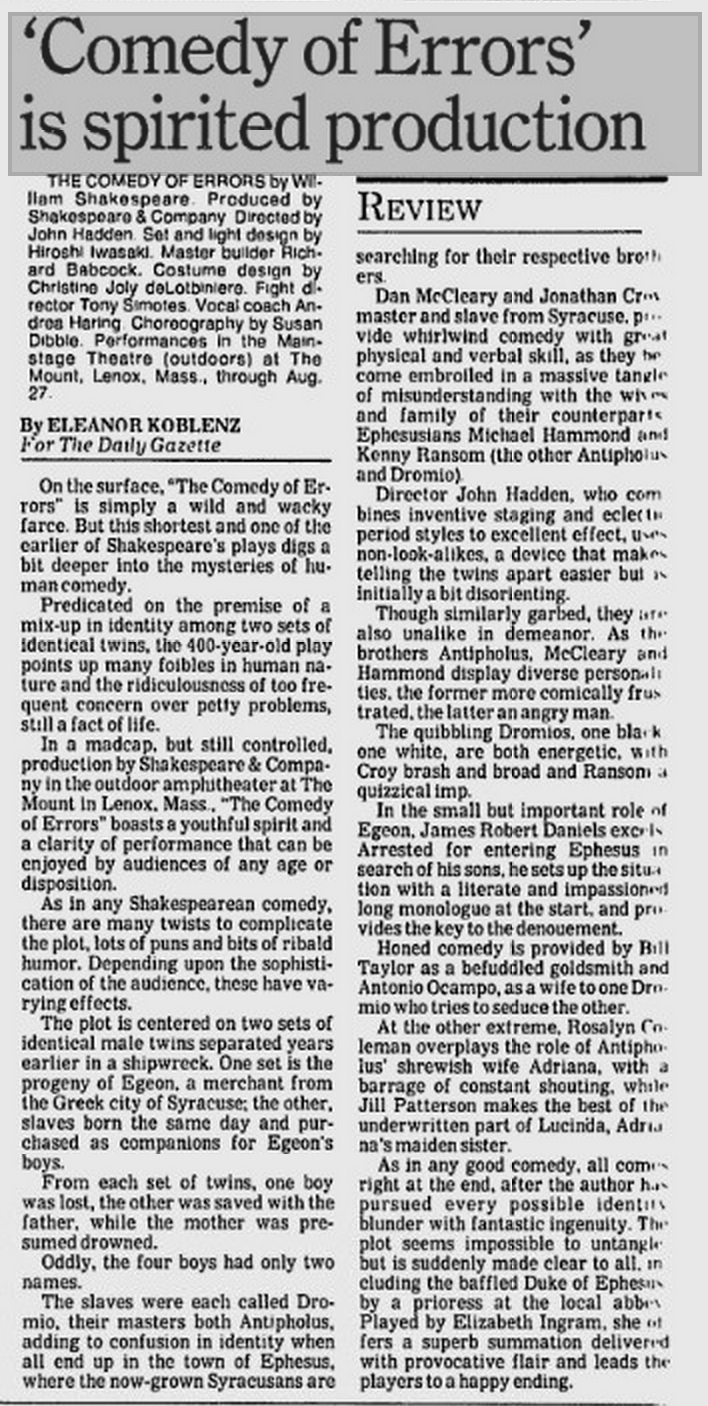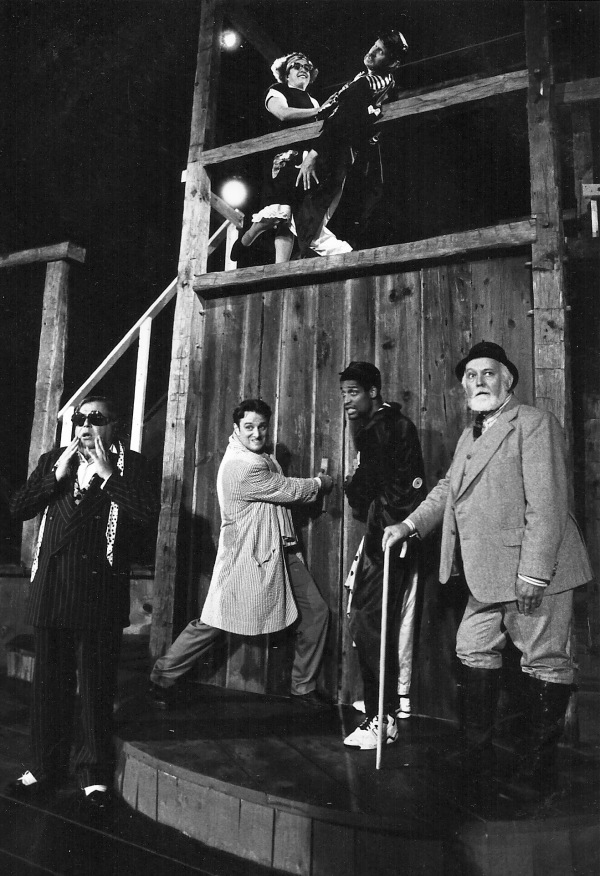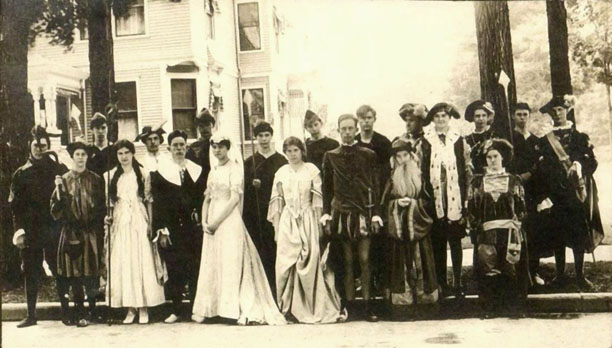
Archival photo from Hubbard Hall’s 1916 production of As You Like It.
The Theatre Company at Hubbard Hall (TCHH) announces Shakespeare’s pastoral comedy As You Like It as its annual free summer Shakespeare touring production to area parks and historical sites in upstate New York and southern Vermont. The live outdoor production, directed by TCHH’s new artistic director John Hadden, will tour the region from July 22 through July 31. The performances, which begin nightly at 7:00 p.m., are free and open to the public – tickets are not required for this event. The touring schedule and locations are as follows: Thurs. 7/21—Subscribers’ Gala; Fri. 7/22--The Georgi Museum, Shushan, NY; Sat. 7/23—Park McCullough House, North Bennington, VT; Sun. 7/24-- Wood Memorial Park, Hoosick Falls, NY; Mon. 7/25—Greenwich Commons, Greenwich, NY; Tues., 7/26—Crandall Park (near Obelisk) Glens Falls, NY: Thurs. 7/28-- Hildene, Manchester, VT; Fri. 7/29—Cambridge Guest Home (behind IGA) Cambridge, NY; Sat. 7/30—Salem Art Works, Salem, NY; and Sun. 7/31—Skidmore College, Saratoga Springs, NY. As You Like It follows its heroine Rosalind as she flees persecution in her uncle's court, accompanied by her cousin Celia and Touchstone the court jester, to find safety and eventually love in the Forest of Arden. The play features one of Shakespeare's most famous and oft-quoted speeches, "All the world's a stage,” and is the origin of the phrase "too much of a good thing.” The play remains a favorite among audiences and has been adapted for radio, film, and musical theater. States TCHH Artistic Director and Director of As You Like It, John Hadden, “As You Like It is full of impossibilities. An exiled Duke and his followers spend years trekking to the Forest of Arden, a place with enormous snakes, lions and palm trees…Four couples demonstrate the difficulties of love… Love and marriage are just as confounding for Shakespeare’s characters as for us. It’s up to them—and us—to decide whether to say yes or no to the unlikely events of the play and to the thorny possibilities of love.” Audience members are encouraged to bring blankets and folding chairs to enjoy a beguiling evening of outdoor Shakespeare that will be fun for the entire family. Hubbard Hall is an 1878 rural opera house located at 25 E. Main Street in historic Cambridge, New York. For information, visit Hubbard Hall’s web site at www.hubbardhall.org, or call Hubbard Hall for information, locations and directions at (518) 677-2495.
